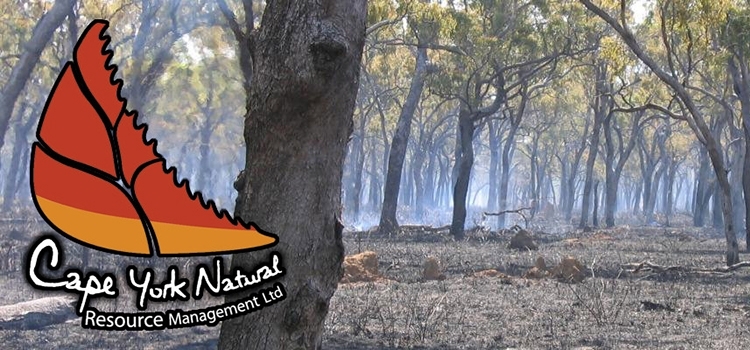Fire is undoubtedly one of the most important factors influencing the health of the country, economic viability, and the cultural values of Cape York.
Indigenous people have supported biodiversity with knowledge-based fires for thousands of years, but wild fires can be very damaging.
Wild fires mean that ecosystems are injured and may be significantly changed, graziers lose pasture and stock, and erosion and sediment run-off can badly affect even the Great Barrier Reef. People managing their property as part of a fire carbon farming project also suffer significant economic loss.
Recently there has been a resurgence in traditional burning practices on Cape York.
This, along with the management of fire savvy graziers, Rangers, and other land managers, has seen big improvements in ecologically sound fire management, typically patchy in nature.









